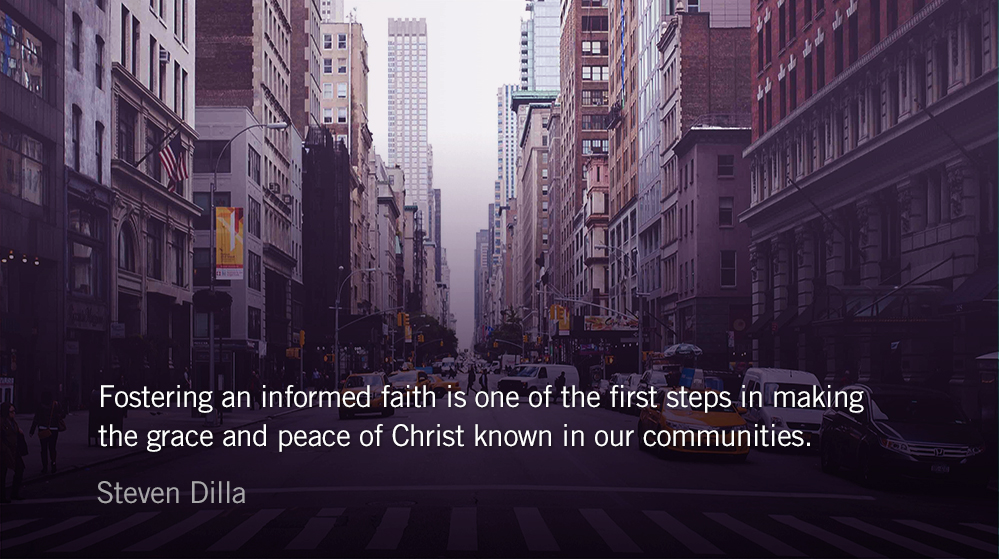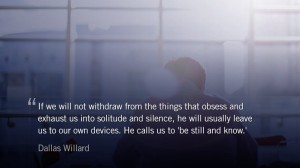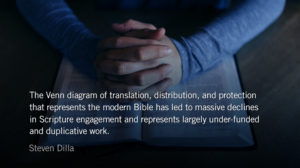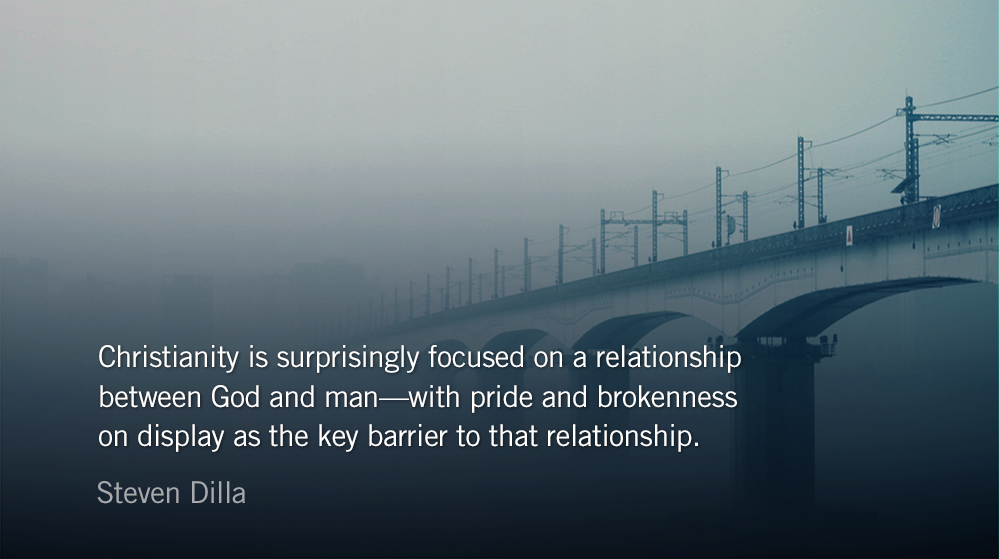Our mission at The Park Forum is to cultivate vibrant faith and sharpen cultural insight through curated devotionals and scripture readings. Each day over 4,000 of us read, pray, and expand our faith through this community.
Over the last year we’ve sought to grow not only our knowledge of Scripture, but our understanding of the culture we live in. We believe that fostering an informed faith is one of the first steps in making the grace and peace of Christ known in our communities.
Today, for the final Weekend Reading List of the year, we want to take a look back at some of our favorites.
Restorative Silence
Once a spiritual discipline, silence is now more likely to be viewed as the uncomfortable penalty for those who do not have enough to do. But how can we hear the whispers of the Spirit without the cloister of silence?
David Brooks on Simplicity and Morality
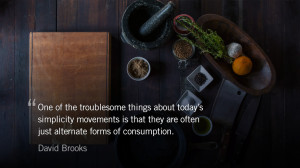 Life seems to become perpetually more overwhelming, despite the time and money we spend simplifying—most of us feel underwater when it comes to work, family, and personal life.
Life seems to become perpetually more overwhelming, despite the time and money we spend simplifying—most of us feel underwater when it comes to work, family, and personal life.
The Bible’s Future
More versions of Scripture are available, while less people are reading and legally able to spread the word of God than ever before. It is time for Scripture’s seventh major transition.
Christian Civility
 Civility falters when people live in fear—fear that their views may be wrong; fear that their power is limited; fear that there is no sovereign who cares for their interests.
Civility falters when people live in fear—fear that their views may be wrong; fear that their power is limited; fear that there is no sovereign who cares for their interests.
Confronting Sin
Today’s calls for racial justice, if anything, understate the problem—white America, however well meaning, is astonishingly oblivious to pervasive inequity.
Today’s Reading
Jonah 4 (Listen – 1:56)
Luke 9 (Listen – 8:05)
This Weekend’s Readings
Micah 1 (Listen – 2:46) Luke 10 (Listen – 5:40)
Micah 2 (Listen – 2:11) Luke 11 (Listen – 7:33)

